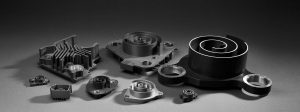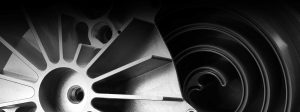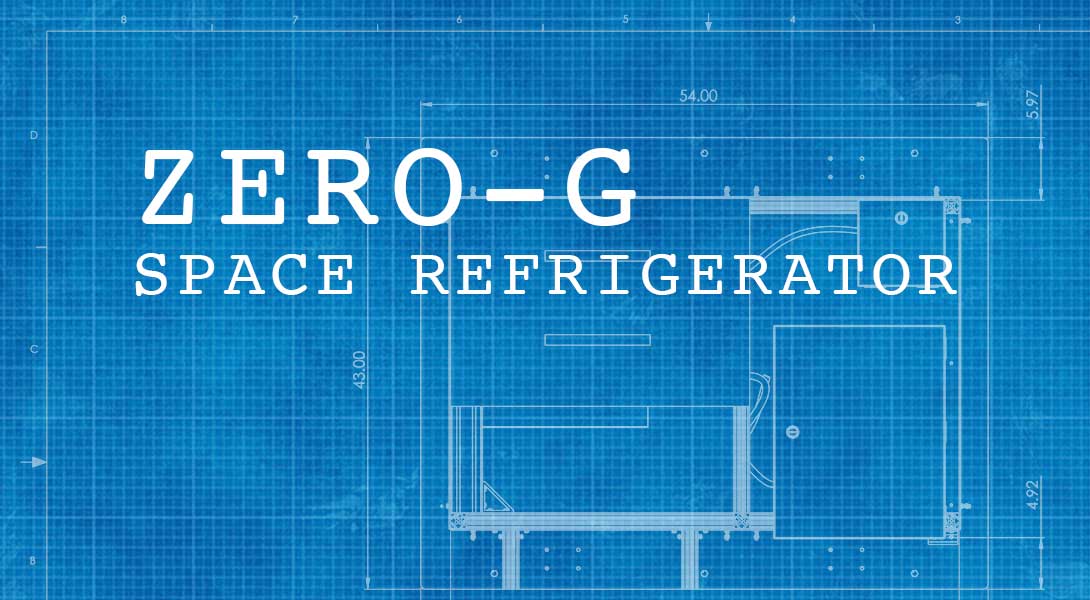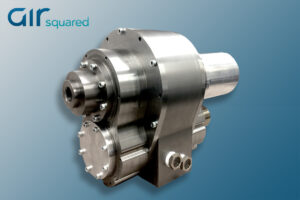Air Squared News
Low-Cost Spinning Scroll Expander for Improved Class 8 Commercial Transportation Fuel Economy
Low-cost scroll organic Rankine cycle development receives Phase I SBIR funding from the Department of Energy.
Continuing to find innovative solutions for compact, reliable, and cost-competitive scroll technology in automotive applications, Air Squared has been awarded Phase I Small Business Innovative Research (SBIR) funding for the development of the Low-Cost Scroll Organic Rankine Cycle (LOC-ORC). Under the topic Vehicles: Reduction of Thermal Systems and Friction Losses in Internal Combustion Engines, the LOC-ORC leverages the novel dynamics of spinning scroll expanders to run at higher speeds, increasing flow and ORC power with a reduced footprint. A smaller package requires less material to reduce the base component cost and results in lower weight, mitigating freight penalties. In an industry highly sensitive to variance in cost or weight, the goal of the LOC-ORC development is to increase available auxiliary system electric power by 10% at the cost of a 1% increase in weight, resulting in an overall increase of 9% in fuel economy.
The Phase I effort will focus on the evaluation of a scaled-up 5 kW spinning scroll expander. The expander will build upon the success of a 1 kW spinning scroll expander developed for the ARPA-E GENSETS project. The 5 kW spinning scroll expander will be tested at Air Squared and will utilize an upgraded 11 kWe ORC test rig that supports higher capacities with a wider temperature and pressure range. The primary goal of the Phase I effort is to characterize the performance of the spinning scroll expander at speeds up to 8,000 RPM.
After performance mapping the expander, Air Squared will consult with leaders in the Class 8 tractor-trailer industry and begin an integrated performance evaluation on 300 kWe (400 hp) diesel engine. Class 8 vehicles (i.e., over 30,000 tons weight) were determined to be the best fit for meaningful waste heat recovery solutions due to their average fuel economy of six miles per gallon and reliance on auxiliary power systems, including HVAC and hoteling usage during overland operations.
Phase I is scheduled for completion in early 2020. Should Phase II funding be awarded, Air Squared will complete fuel economy testing on a full-scale, 30 kW, 1,000 kg LOC-ORC coupled to a 300 kW diesel engine by 2022.
This material is based upon work supported by the Department of Energy. Any opinions, findings, conclusions, or recommendations expressed in this material are those of the author(s) and do not necessarily reflect those of the Department of Energy.







